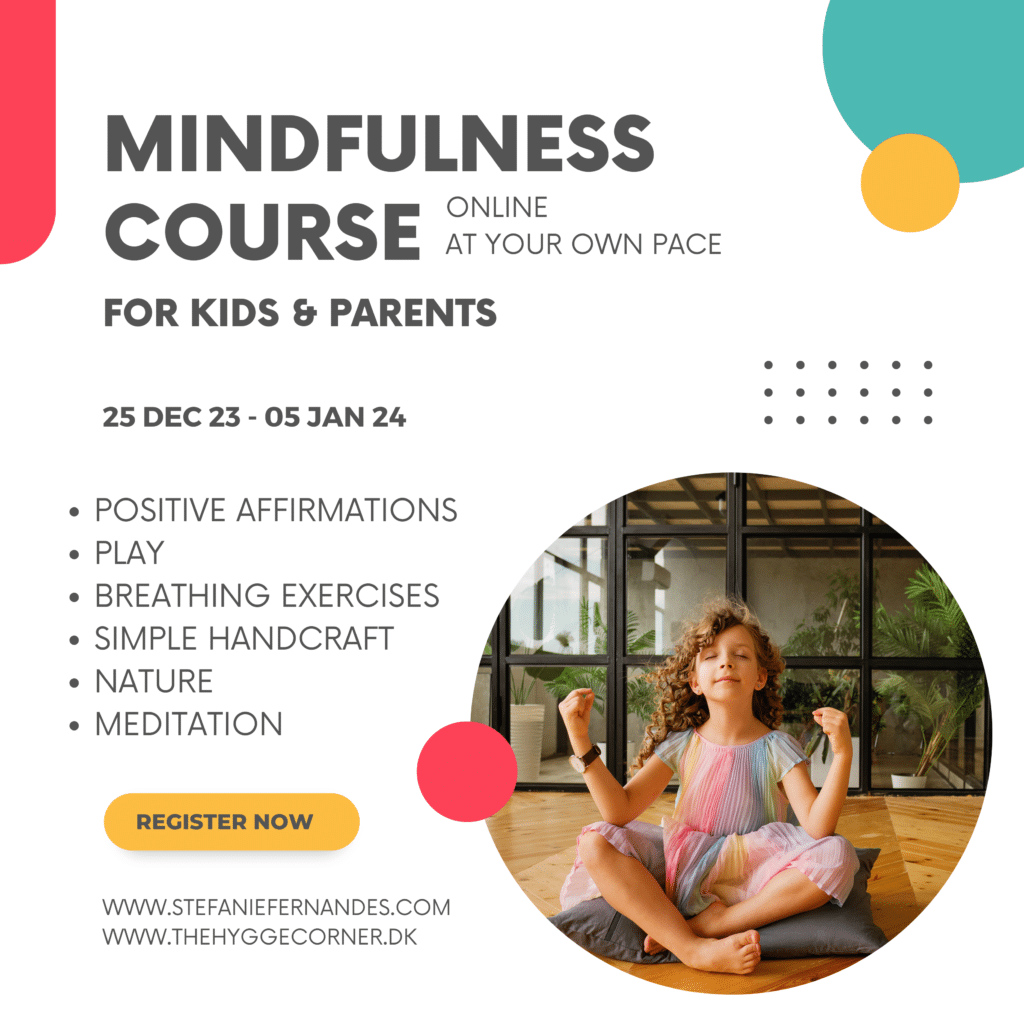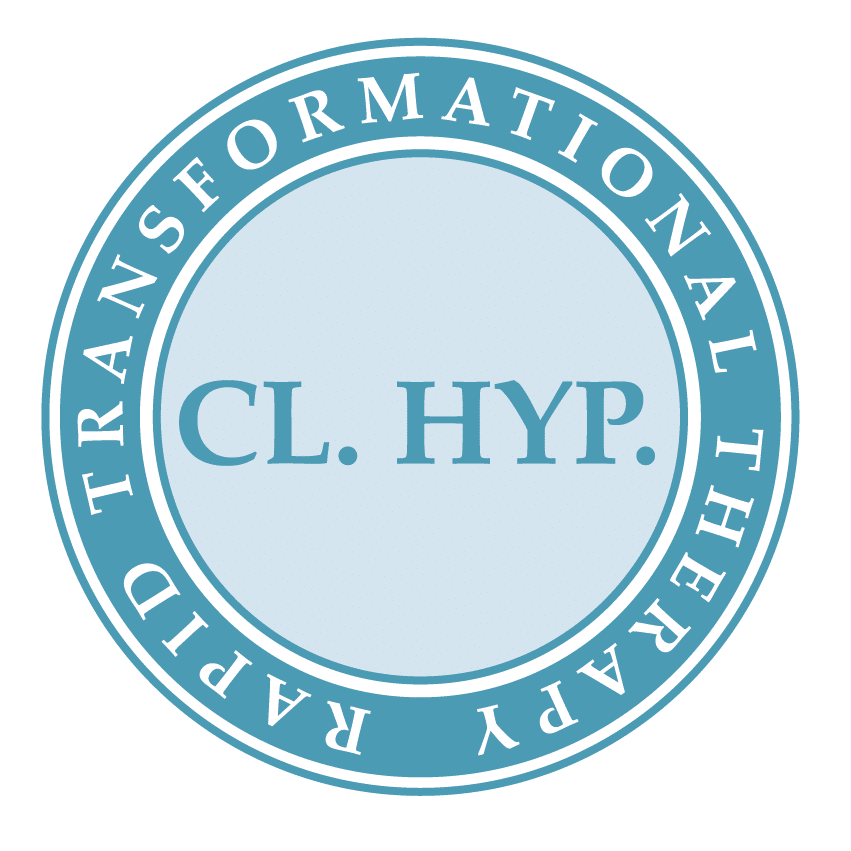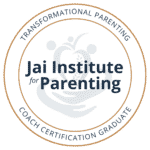Why is Self-Regulation so important for Co-Regulation?
As we navigate the intricate dance of raising our children, one essential skill emerges as a guiding light: self-regulation. In this blog post, we’ll explore why mastering our own emotional responses is not just a personal endeavor but a cornerstone for nurturing healthy co-regulation with our children.
Understanding Self-Regulation
Self-regulation, the ability to manage one’s own emotions, thoughts, and behaviors, forms the bedrock of effective parenting. It’s not about suppressing emotions but rather acknowledging and responding to them in a thoughtful and intentional manner. When we as parents cultivate self-regulation, we create a stable emotional environment for both ourselves and our children.
The Co-Regulation Connection
Co-regulation is the dance of emotions between parent and child. Children, especially in their early years, look to their parents for emotional cues and guidance. When parents model healthy self-regulation, they provide a blueprint for children to learn how to manage their emotions. This sets the stage for the development of strong emotional intelligence and resilience.
Why Self-Regulation Matters for Parents
- Emotional Modeling: Children learn by observing. When parents demonstrate effective self-regulation, children witness constructive ways to handle stress, frustration, and disappointment.
- Building Trust: Consistent self-regulation fosters a sense of security and trust in the parent-child relationship. Children feel confident that their emotions are acknowledged and respected.
- Teaching Coping Skills: Parents who practice self-regulation naturally teach their children valuable coping skills. This prepares them to navigate life’s challenges with resilience.
- Creating a Calm Environment: A parent’s ability to self-regulate contributes to a calm and supportive household atmosphere. This, in turn, encourages open communication and a sense of safety.
Practical Strategies for Parental Self-Regulation
- Mindfulness Practices: Incorporate mindfulness into your daily routine to stay present and manage stress (see my mindfulness course below).
- Self-Reflection: Take moments to reflect on your own emotional responses and consider how they might impact your child.
- Healthy Outlets: Find healthy outlets for stress relief, such as exercise, hobbies, or connecting with friends.
- Seek Support: Reach out for support when needed, I specialize in resolving parental triggers.
Parenting is a shared emotional journey, we often forget that because our kids’ emotions take up so much space.
By prioritizing self-regulation, we not only enhance our own well-being but also lay the groundwork for our children’s emotional growth. The ripple effect of parental self-regulation extends far beyond individual moments, shaping the emotional landscape of the entire family. As we strive to raise emotionally resilient and empathetic children, let us first embark on the journey of mastering our own emotional seas.
In this episode we delve into the powerful relationship between self-regulation and co-regulation, exploring how mastering our own emotions lays the foundation for fostering deeper connections with our kids.
Join us as Emily Hamblin from Enlightened Motherhood unpacks the concept of emotional self-regulation, discusses practical strategies to manage stress, anxiety, and overwhelm, and shares personal experiences with her neurodivergent family.
You’ll walk away with practical tips and a feeling that you are not alone in this. Tune in for a journey toward emotional mastery and the profound influence it can have on your child.
Emily has a freebie for you that you can download here. Make sure to follow Emily on Instagram.
Mindfulness Course for kids
to slow down, relax, and become more mindful about themselves and the world we live in.
12-day online course
25 December 2023 – 05 January 2024
Fully online, at your own pace
Welcome to our Mindfulness Course for the whole Family, a transformative journey designed specifically for families with young children to cultivate a foundation of mindfulness and hygge time.
How the course works
You’ll receive one email per day for 12 days with a short story suitable for kids, and simple mindfulness activities. You’ll need between 20 min and one hour per day for this course, you can decide how much or how little time you want to spend on the activities.
Depending on the age of your child, you can adjust the type of activities you do with them. The course runs completely online and you can even take it at your own pace.
You will receive daily prompts and stories from 25 December 2023 to 05 January 2024.
Themes
Day 1: Arrive in Stillness
Day 2: Love and Compassion
Day 3: Gratitude and Appreciation
Day 4: Nature as a source of power and inspiration
Day 5: Handling challenging moments
Day 6: Letting go and saying Goodbye
Day 7: Making space
Day 8: Relax and Hygge
Day 9: Try something new
Day 10: Enjoy the here and now
Day 11: Magical moments every day
Day 12: Completion & Transition into daily routine
We intend to keep the mindfulness activities simple so that you can enjoy the time with your children too even as a non-crafty mom.





